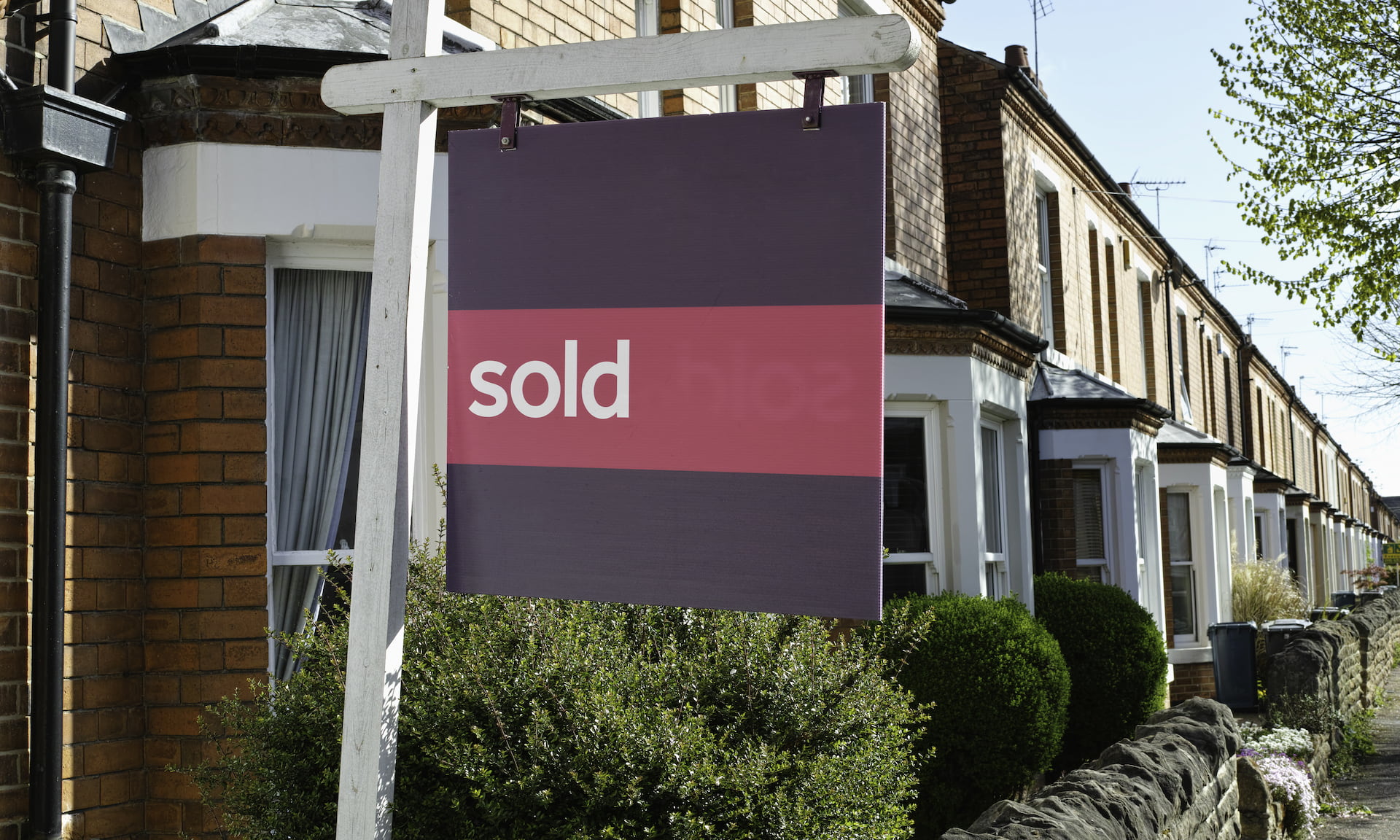
Owning a home is almost £1,400 a year cheaper than renting, according to new research.
Data from Halifax shows that the gap in cost between buying and renting a home widened in 2021, with renting now carrying a 20% premium in some parts of the UK.
Here, Which? analyses the current landscape for homebuyers and renters, and offers advice on getting on to the property ladder in 2022.
Renters pay £1,400 more a year than homeowners
The annual Halifax Buying vs Renting Review analyses the difference in cost between owning and renting a three-bedroom home.
This year’s analysis found that monthly rental costs grew by 6% in 2021 to reach £874, while the costs of home ownership grew by just 2% in the same period, to hit £759.
This means that on average, renters are paying £115 more every month (£1,378 a year) than homeowners, the biggest gap recorded since 2017.
The graph below shows how the monthly costs of owning and renting have changed since 2010.
Where are renters worst off?
Scotland and the North West of England have the biggest gaps between owning and renting, with renters paying an average of 22% more. The smallest gap is in Northern Ireland, where homeowners are just 3% better off.
Unsurprisingly, renters pay the biggest overall premium in London, where average rents of £1,703 dwarf ownership costs of £1,355.
The table below shows the difference in cost between owning and renting across the UK.
| Region | Monthly cost of owning | Monthly cost of renting | Difference (£) | Difference (%) |
| North West | £617 | £791 | £173 | 22% |
| Scotland | £548 | £699 | £151 | 22% |
| London | £1,355 | £1,703 | £348 | 20% |
| South East | £1,025 | £1,287 | £262 | 20% |
| South West | £804 | £973 | £169 | 17% |
| West Midlands | £654 | £778 | £124 | 16% |
| Wales | £596 | £703 | £108 | 15% |
| North of England | £494 | £576 | £83 | 14% |
| East Anglia | £758 | £858 | £100 | 12% |
| East Midlands | £660 | £731 | £71 | 10% |
| Yorkshire & Humber | £561 | £617 | £56 | 9% |
| Northern Ireland | £476 | £493 | £17 | 3% |
Why is the gap widening between owning and renting?
Halifax says 2021’s figures show the biggest gap between owning and renting since 2017 – but there’s no guarantee this trend will continue in 2022.
Last year’s data was strongly influenced by falling mortgage rates. The cost of mortgages dropped across the board in 2021 to reach historic lows in the Autumn, as lenders made the most of a recovering economy and a Bank of England base rate of just 0.1%.
Halifax says the falling cost of borrowing came at a time when rents continued to rise, resulting in a bigger gap than usual.
2022’s figures could read differently. Since December, the base rate has increased three times, and now stands at 0.75%. Mortgage rates for borrowers with big deposits have risen significantly during this time, but 90% and 95% loans have remained relatively unaffected.
What’s happening to the rental market?
Renting a home is becoming more expensive due to a growing gap between supply and demand.
A recent Which? survey found that six in 10 (59%) renters who’d tried moving home in the last six months couldn’t find a suitable property or room within their budget.
This lack of supply has seen some tenants priced out. Research by the estate agency body Propertymark found that 70% of its member agents saw a rise in the number of renters offering above the asking rent to secure properties in the last six months.
Earlier this month, we investigated the rising cost of renting in the Which? Money Podcast, with insight from Generation Rent’s Dan Wilson Craw. You can listen to the full episode below.
Should you buy your first home in 2022?
If you’re thinking of getting on to the property ladder in 2022, there’s both good news and bad news.
Saving a deposit
The good news is that 90% and 95% mortgages are readily available, and you should be able to get a rate of below 3%, even with a small deposit.
Despite mortgage availability improving, difficulties saving a deposit at a time when house prices are rising is likely to remain the biggest barrier to homeownership in 2022.
Halifax’s data shows that first-time buyers put an average of £62,000 down as a deposit when they buy a home, but don’t fret – a 5% deposit on an average-priced UK home would be in the region of £12,500.
If you’re currently saving for a house deposit, check out our full guide for some handy tips, including making your money go further with a lifetime Isa.
What’s going to happen to house prices?
The Land Registry says house prices are increasing by around 10% year on year. Experts expect the pace of growth to slow down, but – unfortunately for first-time buyers – prices are unlikely to fall.
If you are thinking of buying, it’s worth looking into the different ways you might be able to get a boost on to the property ladder.
You can find out about the latest mortgage trends and rates in our story on 90% and 95% mortgages, or take a look at other options, including the government’s First Homes scheme, Help to Buy, or a guarantor mortgage.



